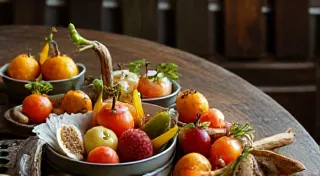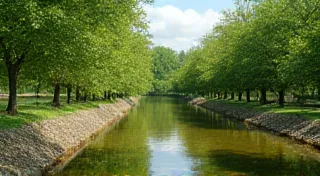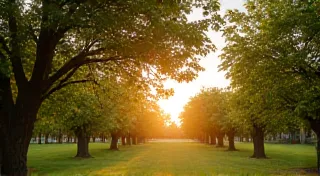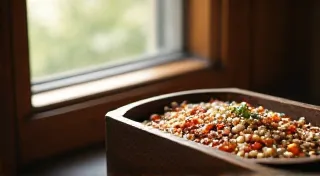The Orchard's Ledger: Financial Sustainability & Small-Scale Fruit Production
There’s a particular resonance to an antique accordion. It’s more than just an instrument; it’s a time capsule, a tangible link to a craftsman’s dedication, and a testament to a bygone era of handcrafted artistry. Each bellows fold whispers stories of bustling marketplaces, lively celebrations, and the quiet, deliberate hands that assembled its intricate workings. Building a small-scale fruit orchard, I’ve realized, is not so different. It’s a pursuit demanding patience, meticulous planning, and a profound respect for the enduring principles of quality and craftsmanship. We aim to cultivate not just fruit, but a sustainable livelihood connected to the land – a living, breathing ledger of effort and reward.

Beyond the Apple: Selecting Unusual Fruit Varieties
Most backyard orchards consist of the usual suspects – apples, peaches, pears. While these are perfectly respectable, the true joy, and often the potential for greater financial return, lies in embracing the unusual. Consider pawpaws, with their custard-like flesh and tropical flavor; medlar, an ancient fruit demanding a unique ripening process; or even jujubes, often dubbed "Chinese dates," offering a crisp, sweet treat. These “unusual fruits” command a premium due to their novelty, limited availability, and the stories they carry. Heirloom varieties of common fruits, like a ‘Roxbury Russet’ apple or a ‘Black Persian’ plum, also offer a compelling narrative and superior flavor profiles that differentiate you from supermarket offerings. The key is to understand your local climate, soil conditions, and, crucially, your market. What are people *willing* to pay for?
Budgeting: The Foundation of Orchard Viability
Any business, no matter how small, needs a budget. An orchard is no exception. Initial costs can be substantial – trees themselves (especially unusual varieties are often more expensive), irrigation systems, fencing to protect against deer and other critters, soil amendments, and tools. Don't underestimate the value of good-quality tools; they’re an investment that will pay dividends over time, much like the meticulous craftsmanship of an accordion’s reeds. Create a detailed spreadsheet outlining anticipated expenses, breaking them down by category. Factor in ongoing costs like fertilizer, pest control (opting for organic methods whenever possible enhances marketability), and labor. Remember to include a contingency fund—things *always* cost more than you initially estimate. A small orchard, even a highly productive one, rarely generates a profit in the first few years. Patience is key; think of it as nurturing a complex mechanism, requiring careful tuning over time.
Pricing Your Harvest: Beyond Cost-Plus
It’s tempting to simply calculate your production costs and add a markup to determine your selling price. However, effective pricing goes beyond that. Research what similar fruits are selling for in your local farmers' markets or through CSAs (Community Supported Agriculture). Consider the value proposition – your fruit is likely to be of superior quality, grown sustainably, and offer a unique experience. Highlight these differences in your marketing. Don't be afraid to charge a premium, but be prepared to justify it. The story behind your orchard – your commitment to quality, your sustainable practices – adds significant value. This resonates deeply with consumers increasingly seeking authenticity and connection to their food sources. Think of the dedication it takes to restore an accordion; that labor and expertise translates directly into value.
Marketing Your Orchard: Telling Your Story
In today's world, marketing isn't just about advertising; it’s about storytelling. Consumers aren't just buying fruit; they’re buying into a narrative. Your website (or even a simple Instagram page) should showcase your orchard – the trees, the soil, the hands that tend them. Share your passion, your challenges, and your triumphs. Farmers' markets are invaluable for direct customer interaction and building relationships. Consider partnering with local restaurants or chefs who appreciate high-quality, unique ingredients. Highlighting the rarity of your fruit—explaining why a pawpaw is so special, for instance—creates intrigue and demand. A well-crafted story, much like a perfectly tuned accordion, captivates the senses and leaves a lasting impression.
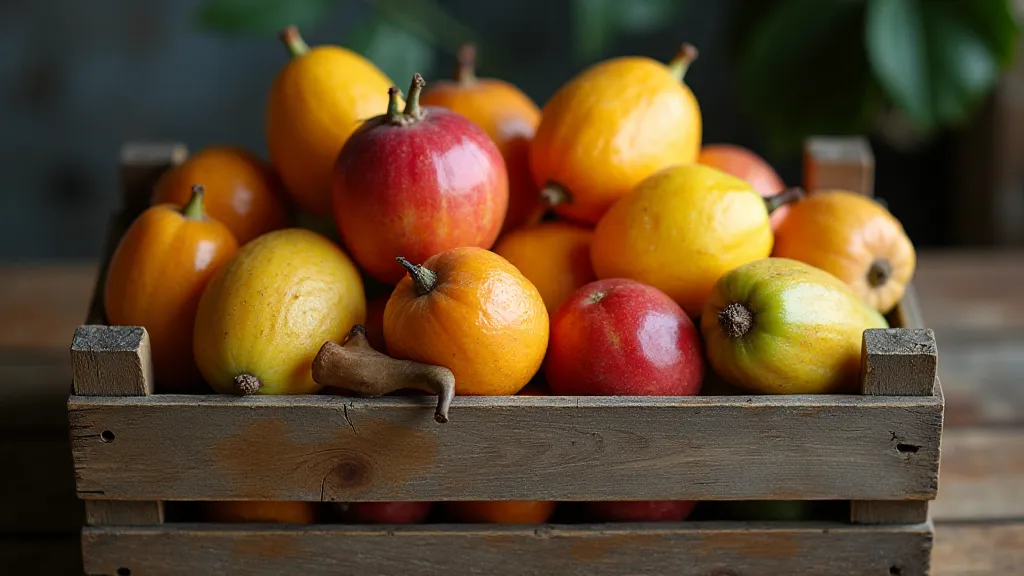
Diversifying Income Streams: Beyond the Harvest
Relying solely on fruit sales can be risky, especially considering unpredictable weather patterns and potential pest infestations. Diversifying income streams adds a layer of resilience. Consider offering workshops on fruit tree care, grafting demonstrations, or even accordion-making courses (a humorous nod to the craft's parallel dedication). Value-added products like fruit preserves, jams, or dried fruit can extend the harvest season and increase profitability. Selling saplings of your unusual varieties can also be a lucrative side venture. Think of an accordion repair shop; it’s not just about the instrument itself, but the related services and parts that create a broader revenue stream. A thriving orchard is about holistic financial management.
The Long View: Sustainability and Legacy
An orchard isn's a quick-turnaround investment. It’s a long-term commitment, a chance to build something enduring. It’s about nurturing not just fruit trees, but the soil, the local ecosystem, and a legacy for future generations. The care and attention needed to cultivate an orchard, much like restoring an antique accordion, fosters a profound connection to the natural world and a deep appreciation for the beauty of craftsmanship. It's about embracing the cyclical nature of life – the seasons, the harvests, the passing of time. And it’s about finding joy in the simple act of cultivating abundance, one unusual fruit at a time.
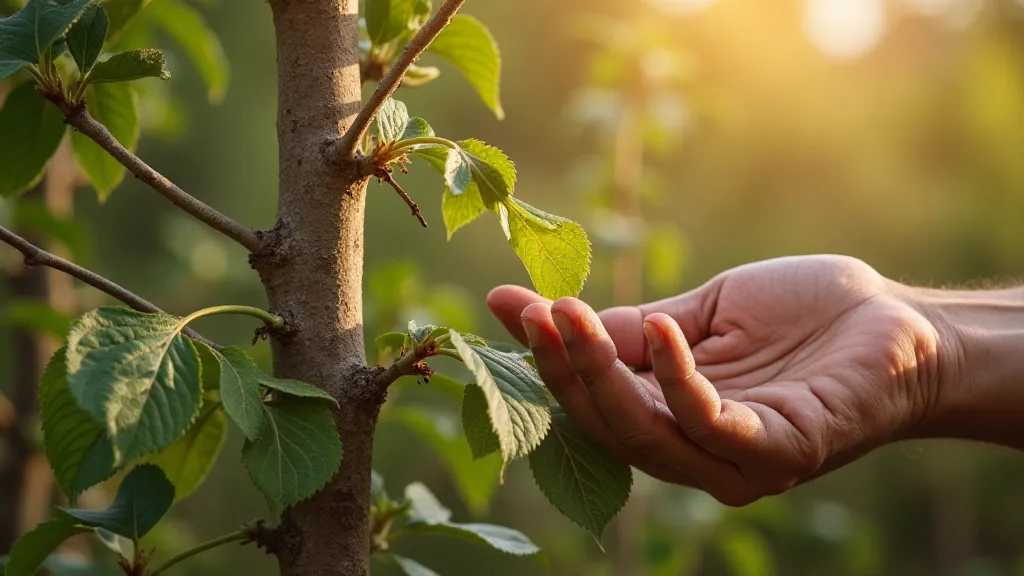
The Accordion's Echo: A Reminder of Purpose
Looking at an antique accordion, admiring its intricate workings and appreciating the dedication of the craftsman, is a powerful reminder of the value of perseverance, quality, and authenticity. An orchard, when managed thoughtfully and sustainably, offers a similar sense of fulfillment – a tangible connection to the land, a delicious harvest to share, and a legacy to be proud of. It’s a ledger not just of financial transactions, but of hard work, passion, and the enduring spirit of craftsmanship.
